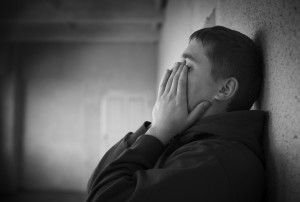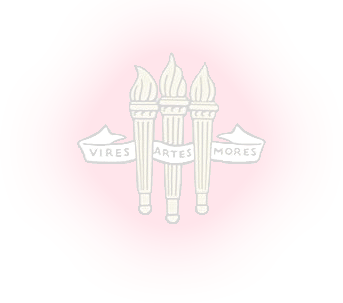What are the symptoms of PTSD?
 According to the VA’s National Center for PTSD, PTSD symptoms usually start soon after the traumatic event, but sometimes symptoms may not appear until months or years later. Symptoms may also come and go over many years. If symptoms last longer than 4 weeks, cause you great distress, or interfere with your work or home life, you might have PTSD. There are four types of PTSD symptoms.*
According to the VA’s National Center for PTSD, PTSD symptoms usually start soon after the traumatic event, but sometimes symptoms may not appear until months or years later. Symptoms may also come and go over many years. If symptoms last longer than 4 weeks, cause you great distress, or interfere with your work or home life, you might have PTSD. There are four types of PTSD symptoms.*
1. Reliving the event (also called re-experiencing symptoms)
Memories of the traumatic event can come back at any time. You may feel the same fear and horror you did when the event took place. For example
- You may have nightmares.
- You may feel like you are going through the event again. This is called a flashback.
- You may see, hear, or smell something that causes you to relive the event. This is called a trigger. News reports, seeing an accident, or hearing a car backfire are examples of triggers.
2. Avoiding situations that remind you of the event
You may try to avoid situations or people that trigger memories of the traumatic event. You may even avoid talking or thinking about the event. For example
- You may avoid crowds, because they feel dangerous.
- You may avoid driving if you were in a car accident or if your military convoy was bombed.
- You may keep very busy or avoid seeking help because it keeps you from having to think or talk about the event.
3. Feeling numb
You may find it hard to express your feelings. This is another way to avoid memories. It may also be hard to remember or talk about parts of the trauma. For example
- You may not have positive or loving feelings toward other people and may stay away from relationships.
- You may not be interested in activities you used to enjoy.
- You may find it hard to experience your emotions
4. Feeling keyed up (also called hyperarousal)
You may be jittery, alert, and on the lookout for danger. You might suddenly become angry or irritable. This is known as hyperarousal. For example
- You may have a hard time sleeping.
- You may have trouble concentrating.
- You may be startled by a loud noise or surprise.
- You might want to have your back to a wall in a restaurant or waiting room.
People with PTSD may also experience other difficulties.
- Feelings of hopelessness, shame, or despair.
- Depression or anxiety.
- Drinking or drug problems.
- Physical symptoms or chronic pain.




